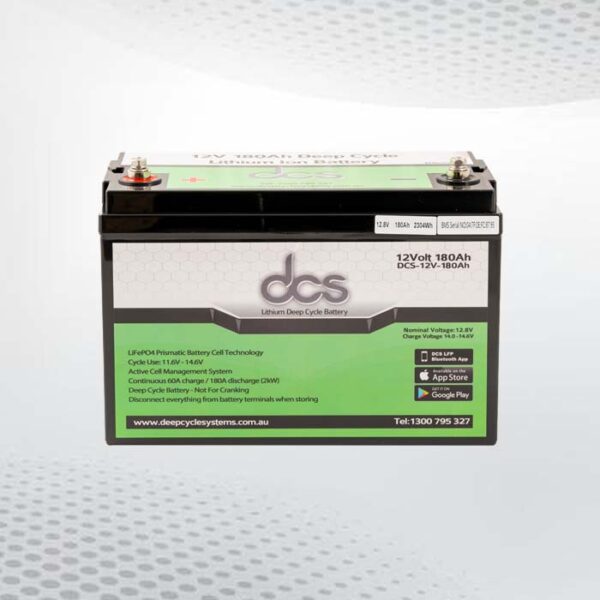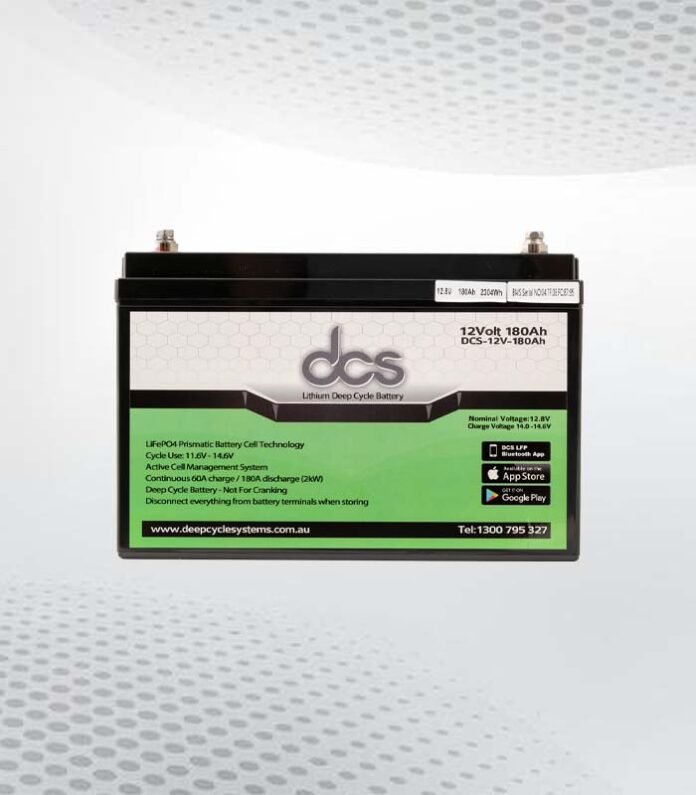Lithium-ion leisure batteries have revolutionized the way we power our leisure activities. Whether camping, boating, or enjoying a road trip, these batteries offer a reliable and efficient energy source. Unlike traditional leisure batteries, which rely on lead-acid technology, Lithium Leisure Battery provide numerous advantages, making them the superior choice for powering your adventures.
Advantages of Lithium Ion Leisure Batteries
There are several key advantages to using lithium-ion leisure batteries. Firstly, they have a significantly higher energy density, meaning they can store more energy in a smaller, lighter package. This makes them ideal for situations where weight and space are premium, such as in RVs or boats.
Secondly, lithium-ion batteries have a longer lifespan compared to traditional leisure batteries. They can endure hundreds, if not thousands, of charge cycles without significant capacity loss. This longevity translates into cost savings over time, as you won’t need to replace your battery as frequently.
Furthermore, lithium-ion leisure batteries offer faster charging times compared to their lead-acid counterparts. This means less time waiting for your battery to charge and more time to enjoy your favorite activities. Additionally, lithium-ion batteries maintain a more consistent voltage output throughout their discharge cycle, providing a steady and reliable power source.
Differences between Lithium Ion and Traditional Leisure Batteries
One of the main distinctions between lithium-ion leisure batteries and traditional leisure batteries is the chemistry used to store energy. Traditional batteries rely on lead-acid technology, which has been used for decades. While lead-acid batteries are reliable and affordable, they are also heavy, bulky, and require regular maintenance.
On the other hand, lithium-ion batteries utilize a different chemistry, which allows for a higher energy density and improved performance. They are lightweight, compact, and maintenance-free. Lithium-ion batteries can be discharged to a lower state of charge without causing any damage, unlike lead-acid batteries, which can suffer irreversible damage if discharged too deeply.
Another significant difference is the charging process. Lithium-ion batteries can be charged at a much faster rate compared to lead-acid batteries. This is particularly beneficial when you have limited time or need to quickly recharge your battery between activities.
Common Applications for lithium ion leisure battery
Lithium ion leisure battery are incredibly versatile and can be used in various applications. They are commonly used in recreational vehicles (RVs), boats, caravans, and off-grid solar systems. Their lightweight and compact design makes them a perfect fit for these mobile applications, where every inch of space and ounce of weight matters.
Lithium-ion batteries are also suitable for powering portable devices such as camping lanterns, electric coolers, and even laptops or smartphones. Their high energy density ensures you can enjoy your favorite gadgets without worrying about running out of power.
Factors to Consider When Choosing a Lithium Ion Leisure Battery
When selecting a lithium-ion leisure battery, remember a few factors to ensure you choose the right one for your needs.
Firstly, consider the capacity of the battery. This refers to the amount of energy it can store and is typically measured in ampere-hours (Ah). Determine your power requirements and choose a battery with sufficient capacity to meet those needs.
Next, consider the voltage of the battery. Most leisure applications require a 12-volt battery, but it’s essential to double-check the voltage requirements of your specific devices or systems.
Additionally, consider the weight and dimensions of the battery. If you have limited space or need to keep weight to a minimum, opt for a lightweight and compact lithium-ion battery.
Lastly, consider the lithium-ion battery’s battery management system (BMS). A BMS helps regulate the charging and discharging process, ensuring the battery operates safely and efficiently. Look for a battery with a reliable BMS to protect your investment.
Tips for Maximizing the Lifespan of Your Lithium Ion Leisure Battery
To ensure your lithium-ion leisure battery continues to perform optimally and lasts as long as possible, follow these simple tips:
- Avoid deep discharges: Avoid discharging your battery below 20% capacity whenever possible. Frequent deep discharges can shorten the lifespan of the battery.
- Store at a moderate temperature: Extreme temperatures can negatively impact the performance and lifespan of lithium-ion batteries. Store your battery in a cool, dry place away from direct sunlight and freezing temperatures.
- Use the correct charger: Always use a charger designed for lithium-ion batteries. Using an incompatible charger can lead to overcharging or undercharging, damaging the battery.
- Regularly check the voltage: Periodically check the voltage of your battery to ensure it remains within the recommended range. If the voltage drops too low or exceeds the safe limit, it may indicate a problem with the battery or charger.
- Maintain a partial charge: If you’re not using your battery for an extended period, keep it at around 50% capacity. Storing it fully charged or nearly empty can contribute to capacity loss over time.
How to Properly Maintain and Store Your Lithium Ion Leisure Battery
Proper maintenance and storage are key to ensuring the longevity of your lithium-ion leisure battery. Here are some essential steps to follow:
- Clean the battery terminals regularly to remove any dirt or corrosion. Use baking soda and water to gently scrub the terminals and rinse with clean water.
- Inspect the battery for any signs of damage, such as cracks or leaks. If you notice any issues, contact the manufacturer or a qualified professional.
- When storing your battery, ensure it is at a partial charge, ideally around 50%. This helps prevent over-discharge or overcharge during storage.
- If you’re storing the battery for an extended period, periodically recharge it to maintain the optimal state of charge. Aim to recharge it every 3-6 months, depending on the manufacturer’s recommendations.
- Finally, always refer to the manufacturer’s instructions for specific maintenance and storage guidelines for your lithium-ion leisure battery.
Cost Comparison: Lithium Ion vs. Traditional Leisure Batteries
While lithium-ion leisure batteries may have a higher upfront cost than traditional lead-acid batteries, they often provide better long-term value. Lead-acid batteries may be cheaper initially, but they require more frequent replacements and regular maintenance, which can add up over time.
On the other hand, lithium-ion batteries have a longer lifespan and require minimal maintenance, resulting in lower overall costs in the long run. Additionally, their lightweight design can lead to fuel savings in vehicles and provide more flexibility in terms of installation.
FAQs
Q: Can I replace my traditional lead-acid battery with a lithium-ion leisure battery?
A: In most cases, yes. However, ensuring that the lithium-ion battery is compatible with your specific application and that the voltage and capacity meet your requirements is essential.
Q: Are lithium-ion batteries safe to use?
A: Yes, when used properly, lithium-ion batteries are safe. They have built-in safety features, such as a battery management system, to prevent overcharging, overheating, and other potential issues. Following the manufacturer’s guidelines for safe use and storage is crucial.
Q: How long do lithium-ion leisure batteries last?
A: The lifespan of a lithium-ion leisure battery can vary depending on several factors, including usage patterns, depth of discharge, and overall care. However, on average, lithium-ion batteries can last 5-10 years or more with proper maintenance.
Conclusion
Lithium-ion leisure batteries offer a host of advantages over traditional lead-acid batteries. With their higher energy density, longer lifespan, and faster charging times, they are ideal for powering your leisure activities. By considering the factors outlined in this article and following the maintenance and storage tips, you can maximize the performance and lifespan of your lithium-ion battery. Invest in the power of lithium-ion and enjoy the freedom and reliability it brings to your adventures.

